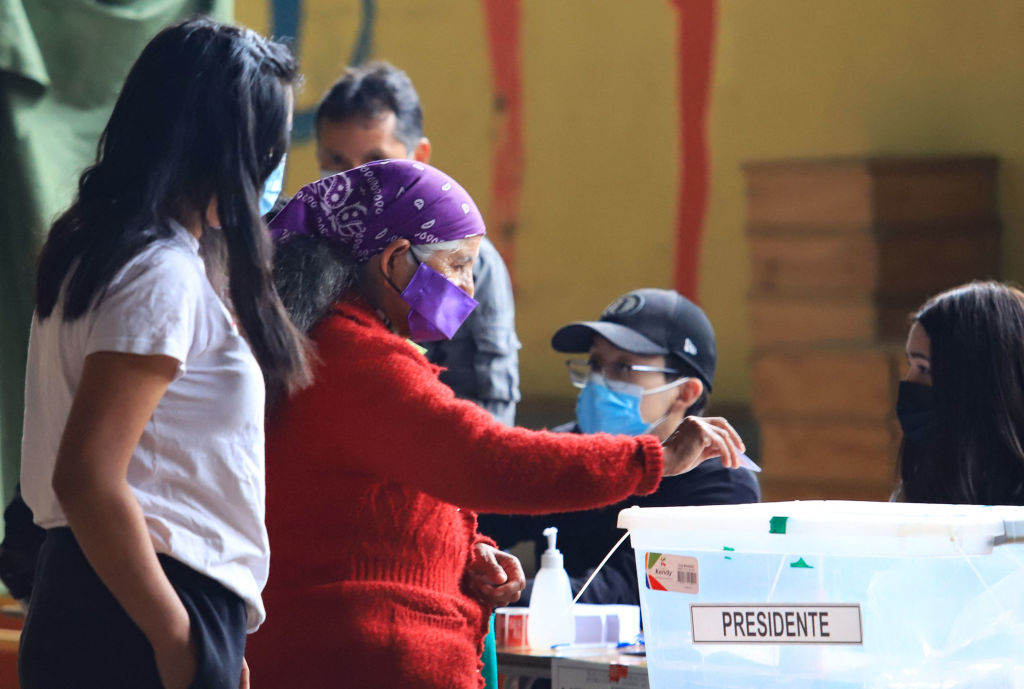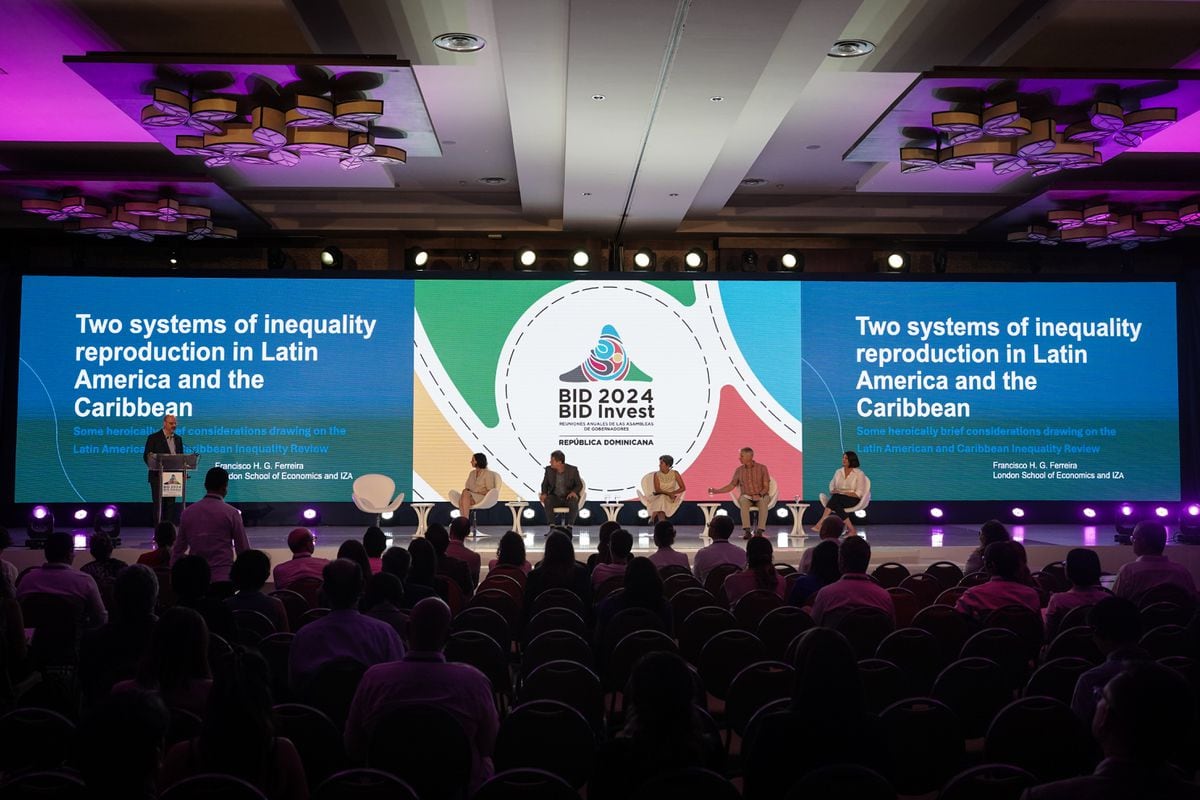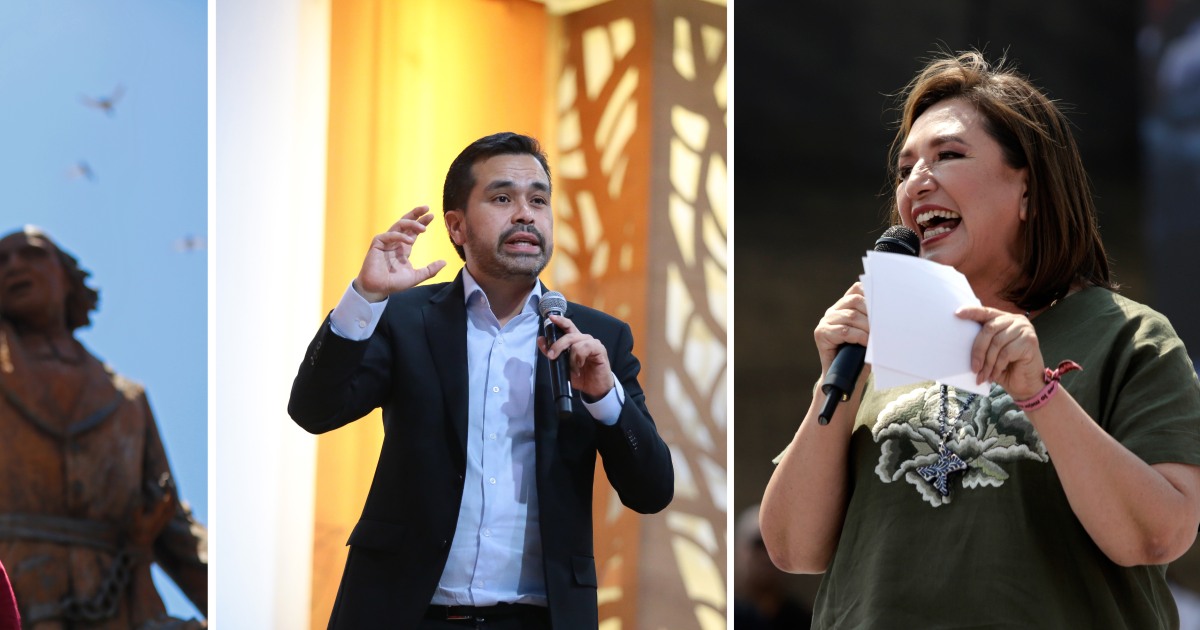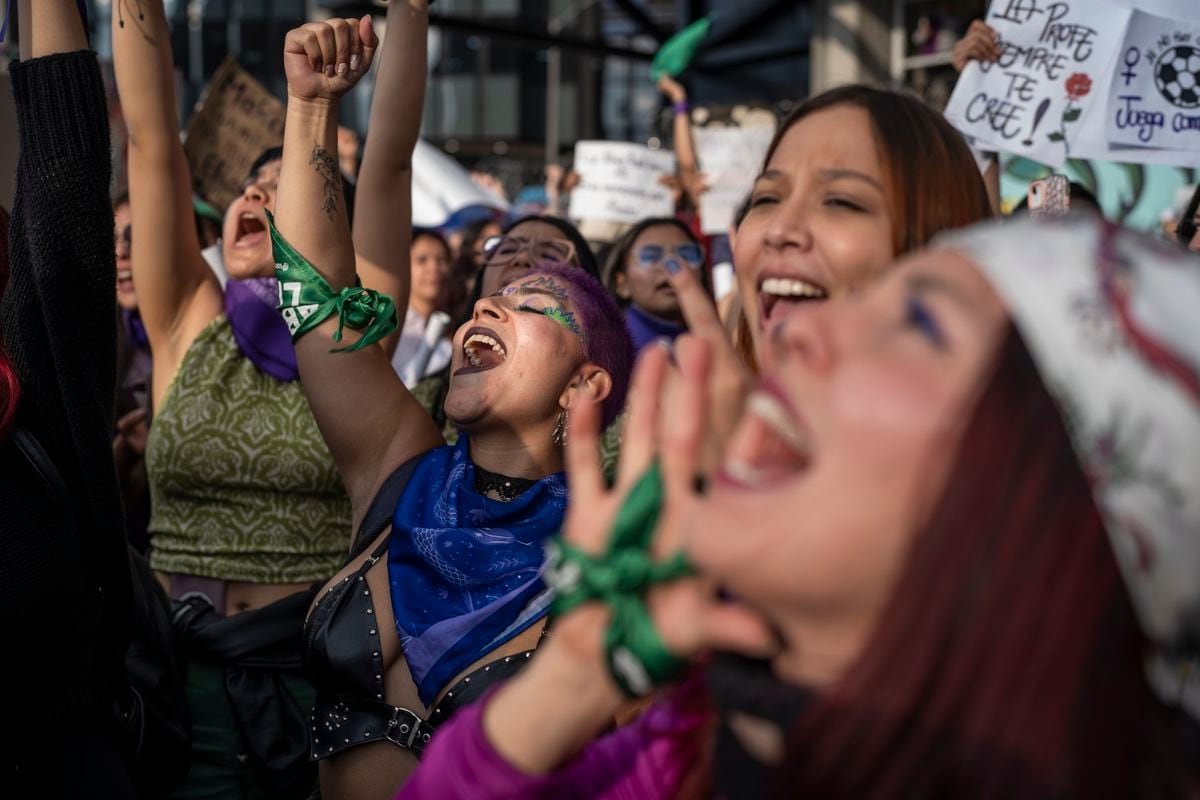Women will be the majority in Boric's cabinet in Chile 3:52
(CNN Spanish) --
The election of the new president of Chile, Gabriel Boric, came with a promise of change: a higher political parity with a cabinet whose majority are women.
Boric announced that of the 24 ministries in his government, 14 would be occupied by women.
The photograph, dominated by women, shows an unprecedented change since 1990, when democracy returned to Chile, and the cabinet was made up entirely of men.
The change at first glance is refreshing: Izkia Siches will make history by being the first woman in the Ministry of the Interior of Chile.
Siches was Boric's campaign manager.
And another woman, Maya Fernández Allende, granddaughter of former President Salvador Allende, will be Chile's Defense Minister from March 11.
And Camila Vallejo, the former leader of the Student Federation and former Chilean deputy, will be Boric's chief of staff.
Chile is thus at the forefront of issues of gender parity in political positions, but how is the panorama in Latin America?
There is gender parity in Latin America
The fact that Boric has appointed women in almost 60% of his presidential cabinet —and in some of the most important ones such as the General Secretariat, the Ministry of the Interior and Defense— makes Chile the most equal country in terms of women in these positions from March 2022, when the new government takes office.
advertising
Currently, of the 24 ministries of the Sebastián Piñera government, only six are women, which is equivalent to 25%, according to figures from the Economic Commission for Latin America and the Caribbean, ECLAC.
In the region, only three countries —Costa Rica, Colombia and Nicaragua— have more than 50% of women in their ministerial cabinets, according to an ECLAC report from January 2022.
According to this analysis, only 28.5% of women participate in ministerial cabinets in Latin America.
"The regional averages of women's participation by type of ministerial portfolio are concentrated in the social area and participate less in political and economic areas," says ECLAC.
Why is the participation of women important?
"Gender equality is an issue of distribution of power, it is an issue of power," María Noel Vaeza, UN Women's regional director for the Americas and the Caribbean, said at a forum on women in politics last year.
But to understand gender parity in politics, it is necessary to disentangle the difference between mere "participation" and move further towards the term "parity democracy".
According to Vaeza, democratic parity — that is, where there are 50% of women and men in positions of power and decision-making — "is a tool for transforming power relations within society."
Thanks to this, new roles can be generated for women that are different from those they have traditionally had, as well as redistributing power.
"The transformation of the political culture is key," said Vaeza.
"(Transform) the stereotypes and prejudices that for centuries have excluded women from spaces of power."
Likewise, with the participation of women, we can begin to recognize rights, create institutions, create public policies that not only affect women, but "always thinking about progress for society," according to Line Bareiro, an expert in human rights. , who also participated in the aforementioned UN Women forum.
In addition, women not only offer structural changes in politics, but also change the way it is done, Costa Rican Vice President Epsy Campbell previously told CNN.
"We have to call more women. This is a time when more women have to be in politics because they also change the tone, the perspective, the priorities change. And much more, young people."
Parity is needed, "no quotas"
The participation of women in politics goes beyond quotas that are met only by adherence to the law, but not in positions that really imply decision-making power, experts say.
"With the quotas we learned that made the law, made the trap," said Vaeza.
"It was possible, for example, that women had to be in the headlines, but then negotiations were established within the parties so that the woman resigned and the man became the headline. Then the law was formally complied with, but later it was not a true equality substantive, which is what we want to get to," Vaeza added, explaining why in a democracy we can't just talk about political quotas.
Bareiro, for her part, explained at the UN Women forum on women and democracy that the different ways women participate:
There is one, numerical participation, which is about how many women are in power, regardless of their role in politics.
Then there is substantive participation, which has to do with the impact of women in politics, and finally there is "symbolic parity", which is when women exercise power in institutions.
That is, the real power.
A report by the Inter-Parliamentary Union (IPU) and UN Women published this month says that only approximately 6% of women are heads of state or heads of government in the world.
Only 20% of women worldwide are presidents of parliaments.
And about the Ministries, the women who are ministers occupy mostly portfolios of Social Affairs, Family, childhood, youth or the elderly, as well as Environment.
So, in this sense, political quotas are not enough.
"We have several years of quotas, several examples of how it was used in an undemocratic way and that is why we have reached a point where we say: why quotas? It is much more democratically effective and much more desirable for the true fulfillment of the political rights of women who make up more than 50% of society, parity is much more desirable," Vaeza said.
"Enough of small gifts. I consider quotas small gifts. We need a strong democracy, representative of who we are to have a full democracy once and for all."


/cloudfront-eu-central-1.images.arcpublishing.com/prisa/4PKPLHZOXBG5TEAQ6JNDTUJXBA.jpg)



/cloudfront-eu-central-1.images.arcpublishing.com/prisa/EMYXC3EVHNEG3OJHGIQCB2IVYA.jpg)

/cloudfront-eu-central-1.images.arcpublishing.com/prisa/Q6UJ4IEP6ZGLZLS3MSHF7LNYOU.jpg)



/cloudfront-eu-central-1.images.arcpublishing.com/prisa/KMEYMJKESBAZBE4MRBAM4TGHIQ.jpg)


